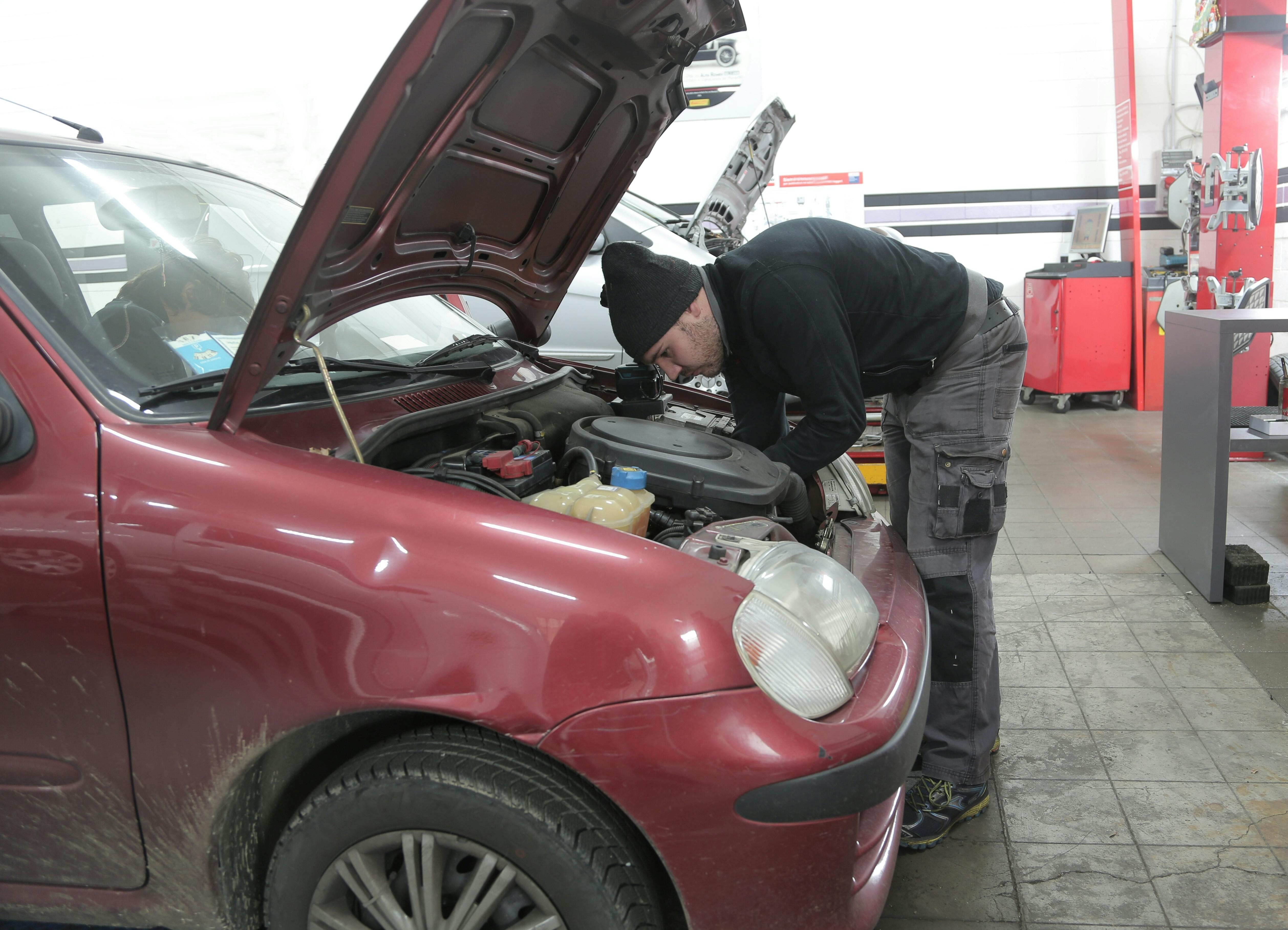Your car’s radiator plays an important role in keeping your engine from overheating. Once it breaks down, the risk of damage and high repair bills increases quickly. If you are considering auto radiator replacement in Graham, it helps to ask the right questions before moving forward with the repair. Having clear answers gives you confidence and ensures your vehicle gets the best possible care.
Why Radiator Replacement Matters
The radiator is part of your car’s cooling system. It moves coolant through the engine to keep temperatures under control. If the radiator becomes clogged or damaged, your engine may overheat, suffer internal damage, or even leave you stranded on the road.
Replacement is often the safest option when repairs are not enough. Knowing what to ask your mechanic will make the process smoother and help you avoid surprises.
Key Questions to Ask Before an Auto Radiator Replacement
1. How Do I Know My Radiator Needs Replacing?
Ask your mechanic about the common signs of radiator failure. Warning signals often include coolant leaks, overheating, rust buildup, or sludge inside the radiator. Your dashboard temperature gauge may also run higher than normal. A trusted technician should be able to explain why replacement is necessary and what would happen if the problem is left unresolved.
2. Can You Show Me the Damage?
Transparency is important with major repairs. Ask your mechanic to physically show you the radiator issue, whether it’s a crack, corrosion, or blocked passage. Seeing the problem firsthand helps you feel confident in the recommendation for auto radiator replacement and prevents unnecessary work from being done.
3. What Type of Radiator Will Be Installed?
Radiators come in different designs and materials. Some are made of aluminum and plastic, while others use copper and brass. Each option varies in durability and cost. Request details about the type of radiator your vehicle will receive, and confirm that it matches your car’s make and model for the best performance.
4. Are Genuine or Aftermarket Parts Used?
The quality of parts affects both the lifespan of your repair and your vehicle’s safety. Ask if the shop uses original equipment manufacturer (OEM) parts or aftermarket options. OEM parts typically fit perfectly and perform reliably, while aftermarket parts may be more affordable. A good mechanic will explain the difference so you can make an informed choice.
5. What Warranty Is Provided?
A warranty saves you from unexpected expenses if issues come up after the replacement. Ask your shop how long the radiator and labor are covered. A solid warranty shows the mechanic stands by their work and the parts they use.
6. How Long Will the Repair Take?
Radiator replacement can range from a few hours to a full day, depending on the vehicle and parts availability. Request a time estimate to help you schedule around the repair. If your car is your primary means of transportation, knowing how long it will be out of service is crucial.
7. What Other Components Should Be Checked?
A failing radiator can affect other parts of your cooling system, such as the thermostat, water pump, or hoses. Ask your mechanic if these components should be inspected or replaced at the same time. Addressing related issues now can save you money and prevent another breakdown later.
8. What Will the Total Cost Include?
Cost is always a key factor in any auto repair. Ask for a written estimate that covers parts, labor, and any extra fees. A trustworthy shop will break down the expenses and explain why each charge is necessary. This way, you can avoid unexpected costs and budget properly for the repair.
Related Articles:
- What Puyallup Drivers Must Know About Auto Radiator Replacement
- When to Repair or Replace Your Auto Radiator in Puyallup
Keep Your Vehicle Safe and Reliable
When you replace a radiator, you don’t just swap out a part. You protect your engine, improve performance, and keep your car reliable for daily use. By asking the right questions, you stay informed and make sure your money is well spent on auto radiator replacement.
If you need dependable auto care in Graham or nearby areas, the certified team at Goods Automotive is here to help. With experience servicing all makes and models, advanced diagnostic tools, and a reputation for honest service, we can handle radiator replacement and other critical repairs with care and precision.
Reach out now to schedule your auto radiator replacement and keep your vehicle running safely.

